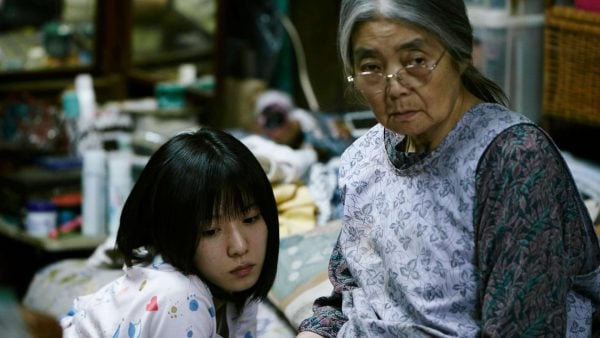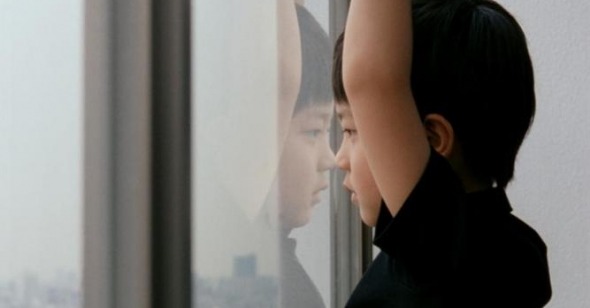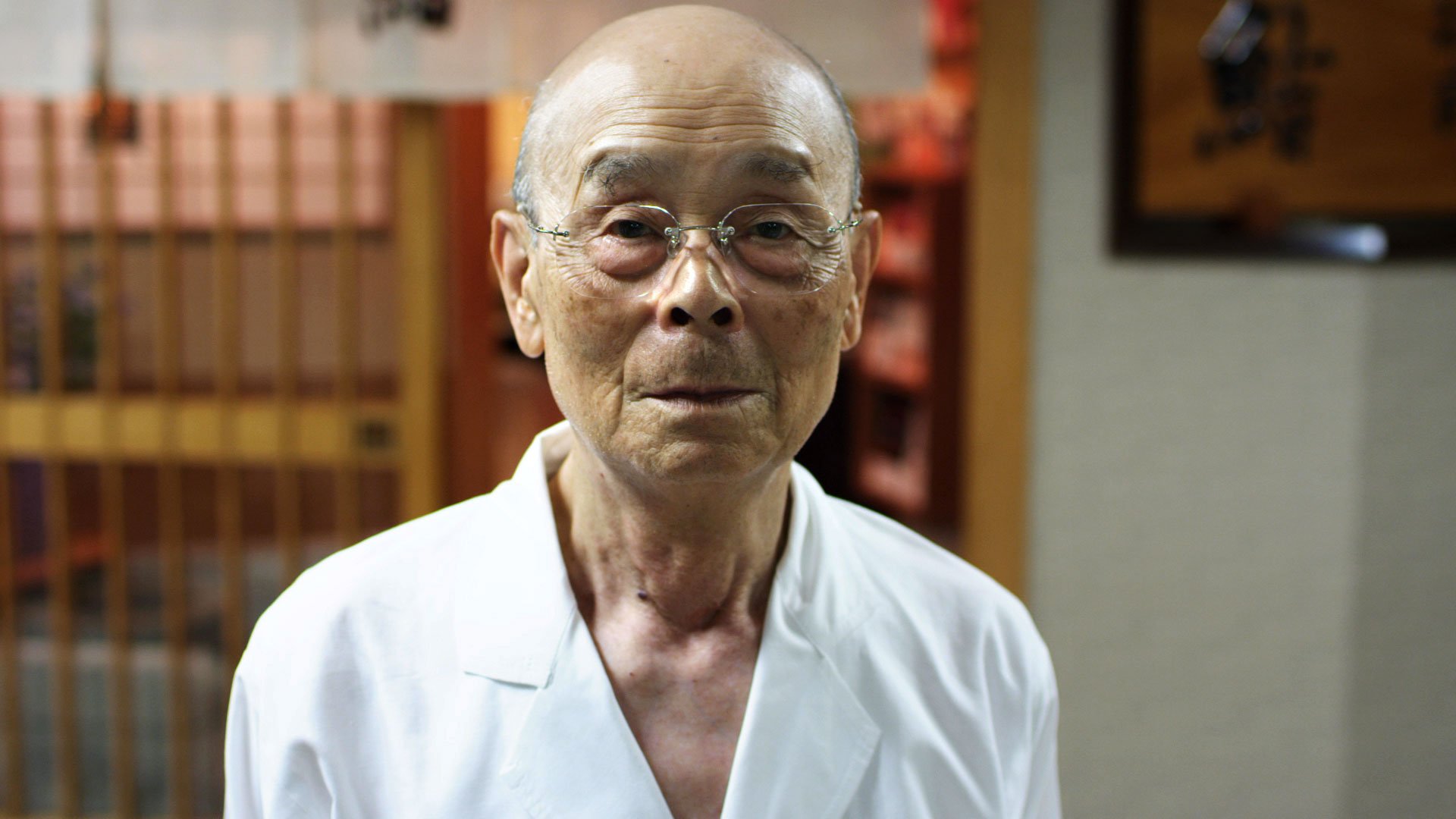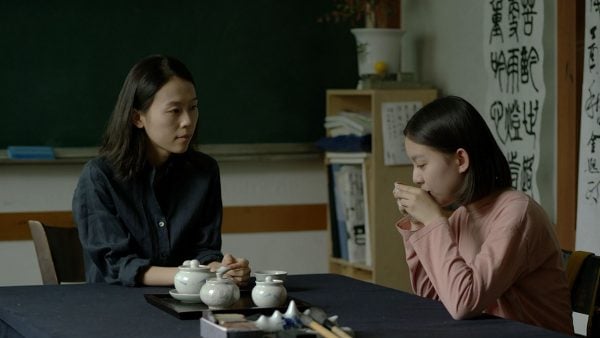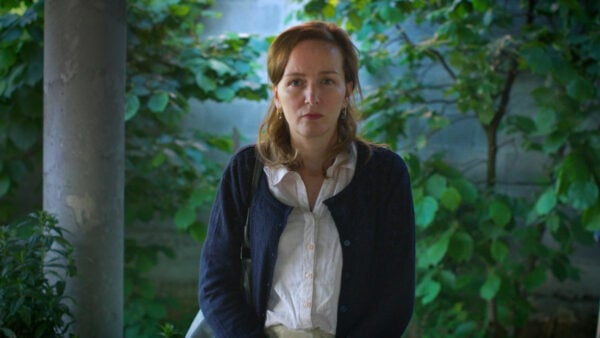
50 Best Foreign Movies on Roku TV Right Now
April 18, 2025
Share:
Whether it’s your streaming player, smart TV, or your streaming service, Roku TV’s been killing it as the leading American streaming distributor, so it won’t be a surprise to hear that the service has plenty of hidden gems in its library. On top of this, these films aren’t just limited to American-made films, the selection includes great titles from all over the world. So for Roku subscribers wanting a glimpse of something new, here’s our list for the best foreign films on the service.
Read also:
1. Shoplifters (2018)
Genres
Director
Actors
Moods
The title of this 2018 Palme D’or winner is not to be taken metaphorically: Shoplifters is about a marginalized family of day workers, crooks, and small-time outlaws, who live on the fringes of Japanese society. Osamu (Lily Franky) and Nobuyo (Sakura Andô) both have jobs but spruce up their low-wage income by committing petty crimes. One day in winter, Osamu takes in a bruised girl he finds outside in the cold and introduces her to the family in his ramshackle house. But when the second-youngest member of the family, Shota (Kairi Jyo), finds himself teaching her how to shoplift, he faces a moral dilemma that threatens to unravel the family’s fabric. If you were hitherto unfamiliar with the unique storytelling and social realism of Hirokazu Koreeda, we really recommend checking it out—as well as his other movies, namely, Still Walking, Like Father, Like Son, I Wish, and After the Storm. His 2018 outing features the last ever performance of Kirin Kiki, who plays the elderly matriarch and passed away that same year. Like many of Koreeda’s works, Shoplifters is an understated, beautiful, and mysterious study of the effects of poverty and trauma and a delicate portrait of a family in Japan’s urban underbelly.
2. Like Father, Like Son (2013)
Genres
Director
Actors
Moods
Koreeda’s troubled childhood often serves as the inspiration for his poignant Japanese dramas that deal with loss, the meaning of being a child, and of being parent. In Like Father, Like Son, Ryota Nonomiya (Masaharu Fukuyama), a hard-working architect, who is married to his work, comes home from work. He receives a call from the hospital where his son Keita was born and learns that he was switched at birth with their biological son Ryūsei. His wife and him are not only faced with the prospect of having to switch the two six-year-olds back, but also with the rickety family his ‘real’ son grew up in—and his aversion to what they stand for. But who is real and who isn’t? Must they be switched back? The age-old question of nature vs. nurture and the relationship of love and biology is at the heart of the parent’s struggle. As always with Koreeda’s works, the result is soft-spoken, sensitive, and symphonically directed. Winner of the Jury Prize at Cannes.
3. Jiro Dreams of Sushi (2011)
Genres
Director
Actors
Moods
This surprising documentary follows Jiro, an 85 year old Japanese chef, his Michelin-starred restaurant in the Tokyo underground, and his eager sons. While ostensibly about sushi – and believe me, you’ll learn about sushi and see absolutely gorgeous images of the raw-fish creations – the film’s dramatic impetus is carried by the weight of tradition, the beauty of a labor of love, obsession, and the relationship between father and son. Truly a must-watch.
4. Another Round (2020)
Genres
Director
Actors
Moods
Director Thomas Vinterberg (The Hunt) reunites with Mads Mikkelsen to tell the story of four teachers going through a mid-life crisis. They’re not sad, exactly—they have homes and jobs and are good friends with each other—but they’re not happy either. Unlike the ebullient youth they teach, they seem to have lost their lust for life, and it’s silently eating away at them, rendering them glassy-eyed and mechanic in their everyday lives.
Enter an experiment: what if, as one scholar suggests, humans were meant to fulfill a certain alcohol concentration in order to live as fully and present as possible? The teachers use themselves as the subjects and the tide slowly starts to turn to mixed effects. Are they actually getting better or worse?
With an always-satisfying performance by Mikkelsen and an instant classic of an ender, it’s no surprise Another Round took home the award for Best Foreign Film in the 2020 Academy Awards.
5. Ip Man (2008)
Genres
Director
Actors
Moods
It’s been acclaimed as one the best Kung Fu movies ever made. You are probably wondering why this contemporary movie made that short list when its genre had its peak decades ago: it is visually striking and at the same time surprisingly story-oriented. As you would expect of course, there is quite a fair amount of action scenes, but the characters are also brilliant which is very uncommon in this type of movie. It is an exciting movie, and worthy of any compliment or good rating it may get.
6. Margarita with a Straw (2014)
Genres
Director
Actors
Moods
Margarita with a Straw is a bold and unflinching film that offers a sensitive and nuanced portrayal of disability, sexuality, and identity. The film follows the journey of a young woman with cerebral palsy as she navigates her way through life, love, and self-discovery. The film’s honest portrayal of exploring sexuality, its rich and diverse cast of characters, and its raw and emotional story make it a deeply affecting watch. It’s a triumph of representation and inclusivity, and a testament to the power of storytelling to challenge and change the way we see the world.
7. House of Hummingbird (2018)
Genres
Director
Actors
Moods
It’s 1994, and Seoul is facing massive, rapid changes. The unrest is reflected by a lot of its residents, including Eun-hee, a disaffected teen with a less-than-stellar home and school life. She manages to get by with the help of friends and lovers, that is until they change too, and Eun-hee is forced to grapple with the volatility of it all.
Sensitively told and genuinely captivating, House of Hummingbird is a stellar debut by writer-director Kim Bo-ra. Her command shines in how young actress Park Ji-hoo dynamically portrays Eun-hee, in how the story meanders but never loses footing, and in how each frame displays a quiet gorgeousness as the primary colors of her youth pop against the faded backdrop of urbanized Seoul. The delicate balance of all these elements is sure to evoke a sincere, profound feeling in every viewer.
8. Zana (2019)
Genres
Director
Actors
Moods
Antoneta Kastrati’s debut feature film Zana follows Lume, who appears guarded and subdued as she goes about her daily routine: milking the cows, harvesting crops and flowers, hanging laundry out to dry. Part of Lume’s routine also includes visits to the doctor, accompanied by her mother-in-law and husband, who pressure her to conceive.
When conventional medical advice does not yield a viable pregnancy, Lume is brought to a witch doctor, and later a televangelist. The former suggests Lume may be cursed, while the latter insists she is possessed by a supernatural creature called a jinn. Lume appears largely apathetic, at least outwardly. But slowly, she starts to unravel—and with her undoing comes the reveal of the war that traumatized her.
Kastrati’s family drama has elements of horror, but the real terror here is psychological. It makes for an important exploration of a deeply patriarchal society that is only beginning to heal the collective traumas of a complicated war, and how its violence continues to ripple through time and into domestic life.
Read also:
9. Song Lang (2018)
Genres
Director
Actors
Moods
At the first few moments, Song Lang seemed to be something akin to Farewell My Concubine– the film takes a snapshot of a communist Asian country in a different time, through the lens of a regional opera form with painted faces, elaborate costumes, and captivating tunes. But there’s more to Song Lang than this. Tragedy isn’t prophesized through songs of an already existing opera (in fact, the film features all new tunes), but instead, it occurs because Dung, the loan shark, didn’t reflect on the past early enough for him to reclaim the art form his family once loved, a concern shared with cải lương as a declining genre. Song Lang is a moving drama, but it’s also a nostalgic time capsule of 1980s Saigon and cải lương as a whole.
10. Us and Them (2018)
Genres
Director
Actors
Moods
Us and Them follows two former lovers who reminisce and reassess their decade-long relationship over one night. They both seem to be in better places, certainly financially if anything else, but their shared wistfulness for the past threatens to prove otherwise.
The film was an immediate hit when it was first released in China, and it’s easy to see why. With just the right balance of realism, romance, and comedy, the movie makes for a simple but deeply moving and involving watch. You can’t help but root for the exes to get back together, even though you know as well as they do how minimal the chances of that happening are.
Comments
Add a comment
Ready to cut the cord?
Here are the 12 cheapest Live TV streaming services for cord-cutting.
More lists
Lists on how to save money by cutting the cord.
Curated by humans, not algorithms.
© 2025 A Good Movie to Watch. Altona Studio, LLC, all rights reserved.
